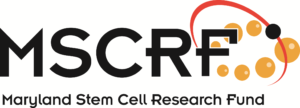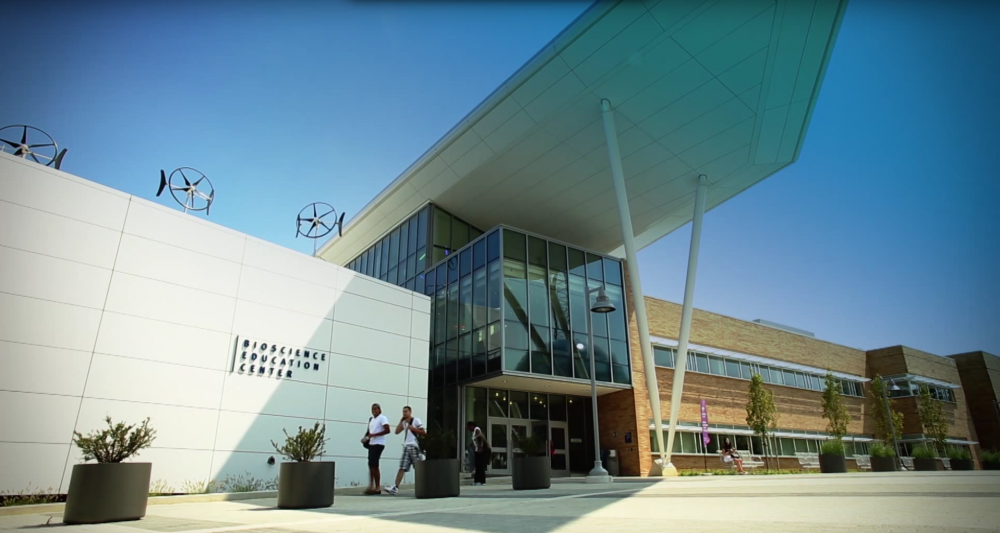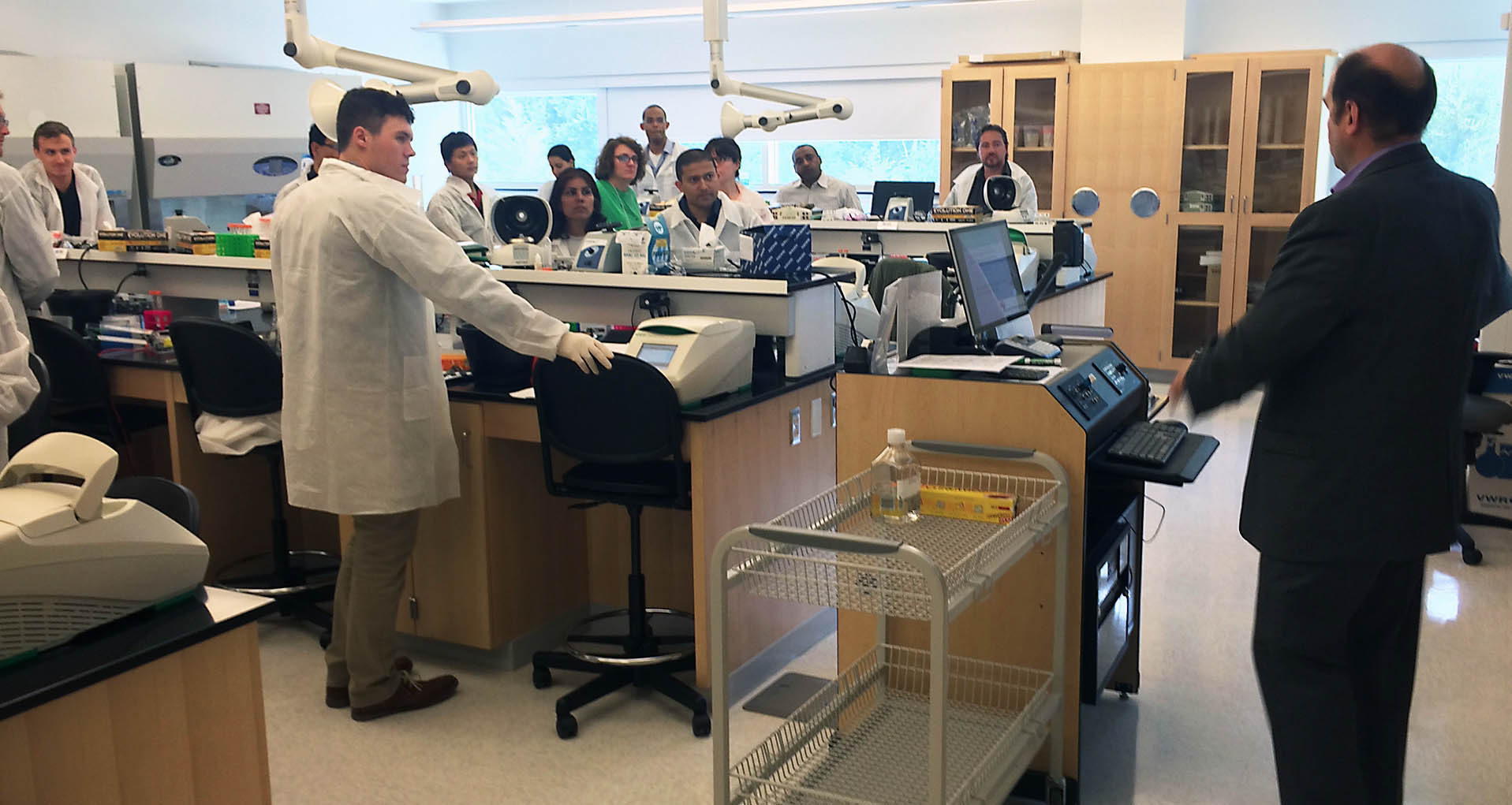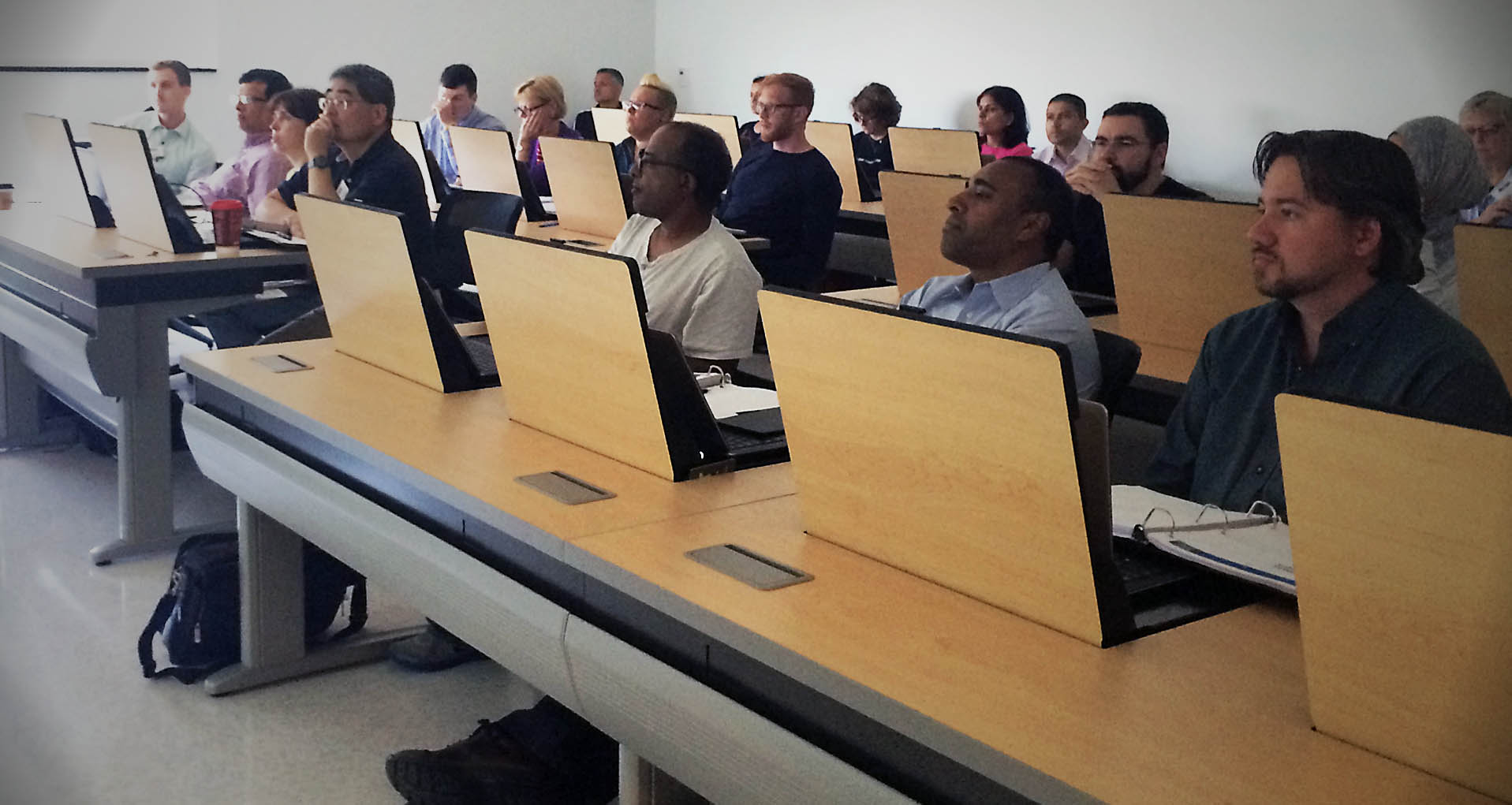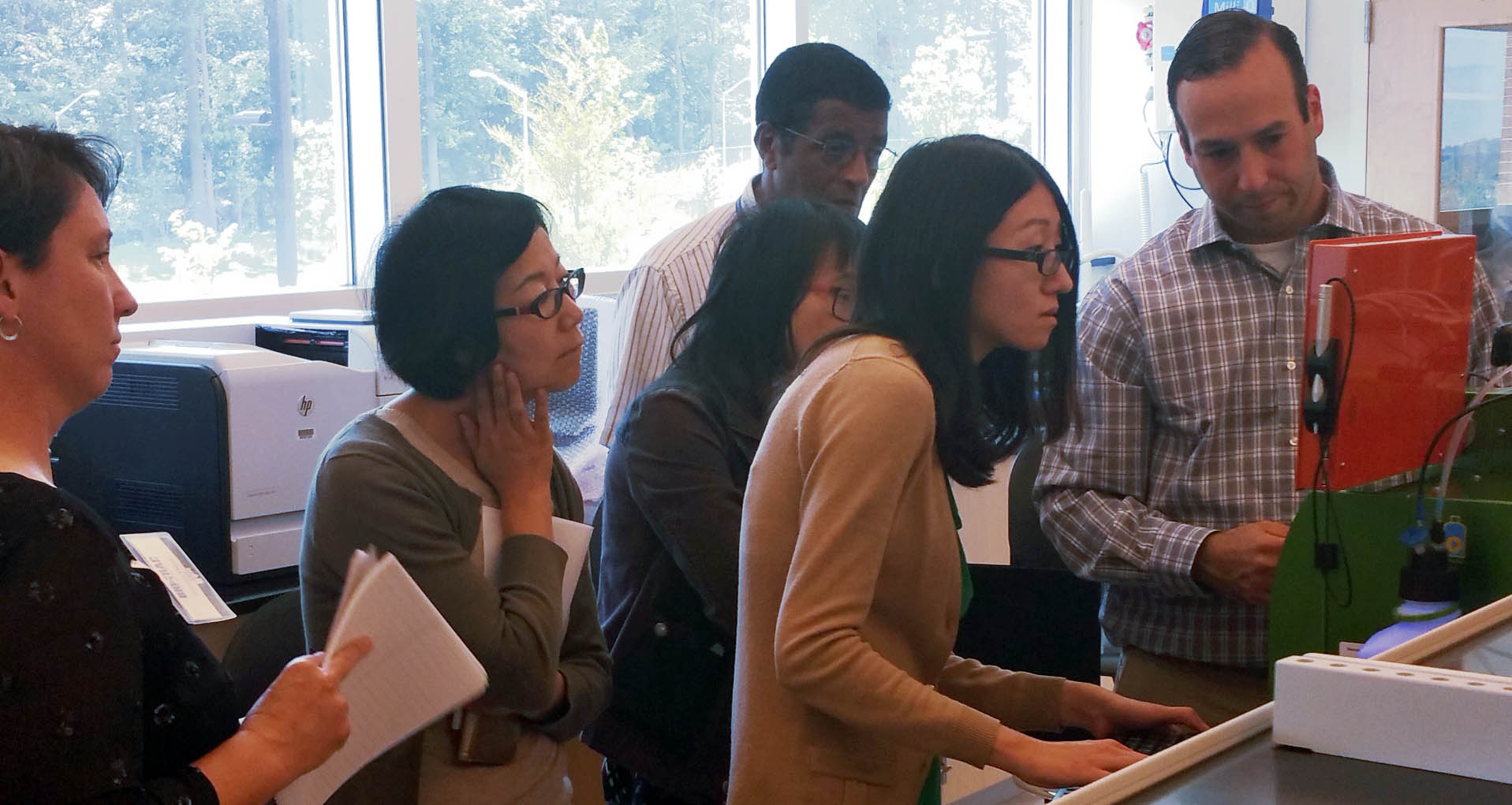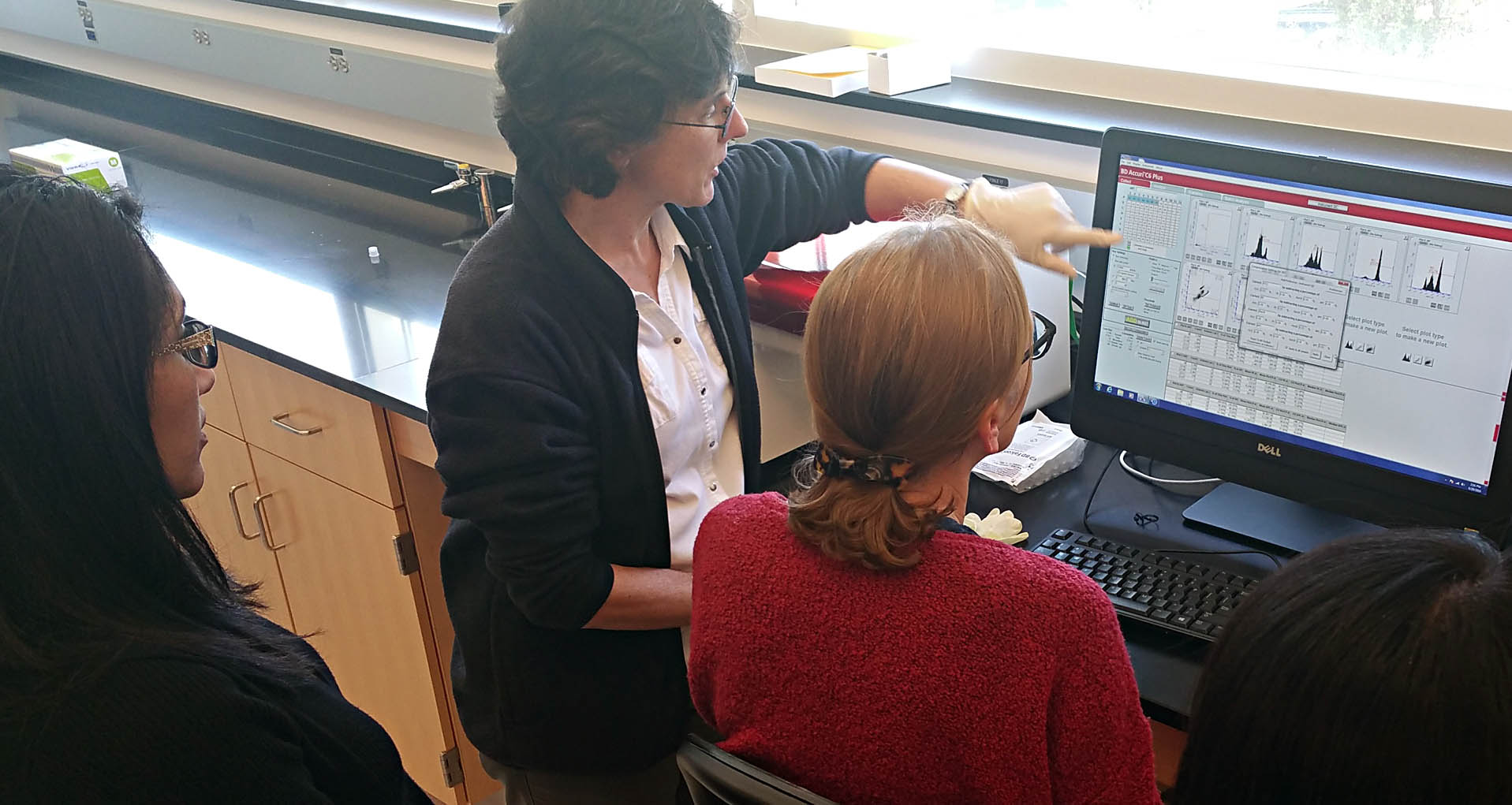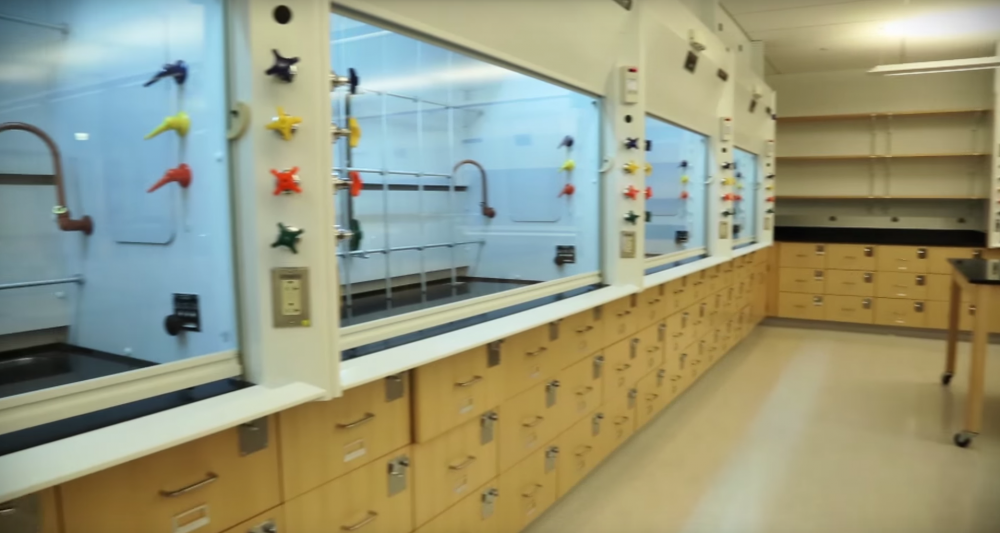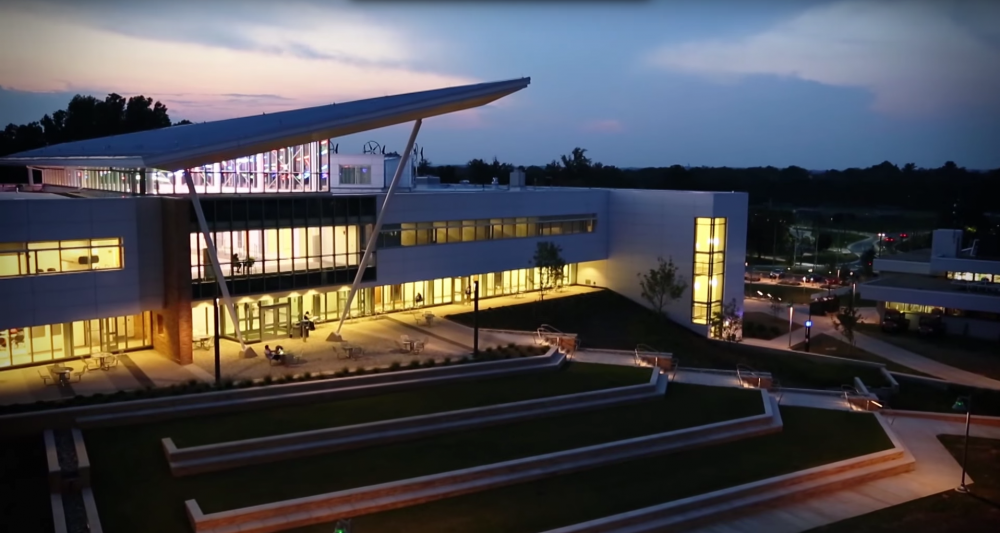Oct 25-28, 2022
Tuesday - Friday
Germantown, MD
The Bioscience Education Center
9:00am-5:00pm
1 Hour Lunch Break
This four-day workshop is ideal for researchers interested in developing neural lineages from iPSCs. Team taught by active researchers from Johns Hopkins, the NIH, the FDA, and Thermo Fisher Scientific, participants will have the opportunity to gain a solid foundation in iPSC methods with emphasis on culturing induced pluripotent stem cells (iPSCs) and differentiating to different neural lineage in both adherent and 3D systems. Functional assays will be discussed in lectures for assessing neuronal differentiation. Applications of iPSC-derived neural lineages will be discussed to and their use in neuropharmacology, toxicity testing, and therapy.
 | Lecture and Hands-on Interactive Training |
 | Team taught by active researchers |
 | Thumbnail drive with Lectures and Workshop material |
 | Space limited to 24 participants |
 | Registration Fee: $995 |
-
"As always, Bio-Trac not only met my expectations, but exceeded them! I will absolutely be taking more classes with BioTrac - their classes should be required for all graduates entering the field of science. Easy to understand & follow, yet the classes get to the core of the discussed principle."
Jennie Rowell PhD, RN
Assistant Professor, The Ohio State University
CRISPR 7/16
-
"By nature it was short and intense, yet it proved comprehensive and satisfying. Provided valuable hands-on lab experiences as well. Highly recommend and I look forward to other course offerings."
Jeffrey Stinson
Uniformed Services University for the Health Sciences (USUHS)
iPSC: Reprogramming, Differentiation and Gene Editing with CRISPR 8/16
-
"It was my first experience with professional development workshop in the USA. I liked it a lot. It was well organized, flexible and friendly. It helped to put in order my preceding knowledge and gain more."
Larisa Ryzhara, MD, PhD
Staff Scientist II, Maine Medical Center Research Institute
CRISPR 7/16
-
"This is a very well organized program. Lectures always convey the most advanced knowledge and technologies. Hands-on practice is also very helpful. Highly recommend to colleagues in or out of NIH community."
Guangpu Shi, M.D.
Research Fellow, NEI/NIH
iPSC: Reprogramming, Differentiation and Gene Editing with CRISPR 8/16
-
"Great investment. Took material that would have taken months to compile and perfect on my own, and packed it into 3 days."
Richard Barrett
PHD Student, University of Central Florida
CRISPR 7/16
-
"Bio-Trac offers wonderful workshops that provide up-to-date, useful technological information and knowledge important for my research applications."
Thuy Phung, MD, PhD
Baylor College of Medicine
NGS 10/16
Course Director
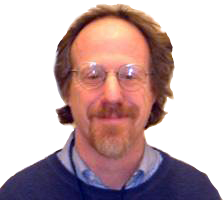
Lectures:
- Overview of Stem Cell Biology
- Advances in Stem Cell Feeder Free Culture: StemFlex and StemScale Media
Lab: PSC Culture
- Examine PSC 2D/adherent Cultures and Clump Passage.
- Cryopreserve PSCs (Demo).
- Dissociate Monolayer Culture and Establish 3D PSC Suspension Culture with +/- Rock Inhibitor
Lectures:
- Advances in 2D and 3D iPSC-derived Neuronal Cultures
- Non-integrated Human iPSC Generation and Cell Therapy Model of Ischemic Retinopathy
Lab: Generation of Neuronal Stem Cells (NSCs) using Neural Induction Medium (NIM)
- Passage Adherent/monolayer NSCs (P4).
- Examine Pre-stained NSCs Cultures (Demo)
- Examine NSCs Differentiation and Maturation using B27-Plus +/- CultureOne Supplement (Demo)
Lectures:
- FDA Guidelines for Using IPSc in Transplants
- In vivo and in vitro iPSC Correlates of Neurodevelopment
Lab: Differentiation of iPSC into Dopaminergic (DA) Neurons in 2D and 3D systems.
- DA differentiation - 2D:
- Review 2D Differentiation Protocol
- Derive Floor Plate Progenitors – 3D spheroids (Day 16)
- Maturation of DA Neurons: Floor Plate Sphere Plating as Enbloc (Day 21)
- DA differentiation - 3D:
- Review 3D Differentiation Protocol
- Specific Floor Plate Progenitors from PSC Spheroids (Day 0) - 3D Media Change
- Examine Effects of Starting PSC Spheroid Size (small vs large) on Differentiation
Lectures:
- Using iPS Cells for Biological and Therapeutics Discovery: Challenges in Protocols, Assays
- Leveraging the Translation of iPS Cells
Lab: Discussion and wrap-up
- Short lecture: Transition to the Clinic (StemScale and Rotea).
- Examine Pre-stained Matured DA Neurons (2D and 3D - Demo)
- Take Images of PSC and Neuronal Cultures.
Course Director
Dr. Joseph Bressler is a research scientist at Kennedy Krieger Institute. He is also an associate professor of environmental health sciences at the Bloomberg School of Public Health at Johns Hopkins University.
Dr. Bressler received his bachelor's of science degree in biology from the State University of New York at Stony Brook in 1973 and his doctoral degree in physiology from Rutgers University in 1978. His post-doctoral training at UCLA was in neurosciences, where he studied the involvement of glial cells in response to toxic agents. After his post-doctoral training, Dr. Bressler continued his studies on glial cells at the National Institutes of Health, Bethesda, MD. Dr. Bressler has been a research scientist at the Kennedy Krieger Institute since 1988.
Guest Lecturers and Lab Instructors
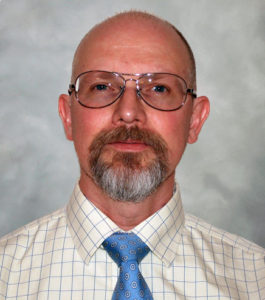 | David M. Panchision, PhD David Panchision is the Chief of the Developmental Neurobiology Program at the National Institute of Mental Health. Dr. Panchision coordinates funding initiatives for the use of induced pluripotent stem cells (iPSCs) to study mental illness. He is Science Officer overseeing several cooperative agreements related to the use of iPSCs, including academic-industry partnerships (PAR-13-225) to use iPSCs to develop validated platforms for identifying novel targets and developing new therapeutics to treat mental illness. Prior to joining NIMH, he was Assistant Professor at Children’s National Medical Center and George Washington University in Washington, DC, where his research focused on the interaction between morphogen and oxygen response signaling in both normal neural stem cells and patient‐derived brain cancer stem cells. |
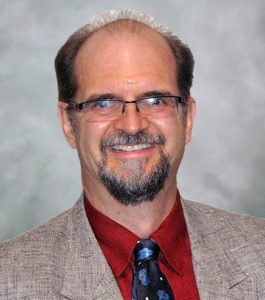 | Donald W. Fink, Jr., PhD Dr. Donald Fink is in the Cell Therapy Branch, Division of Cellular and Gene Therapies, Office of Tissues and Advanced Therapies (OTAT), Center for Biologics Evaluation and Research (CBER), FDA. He possesses over 20-years of regulatory review experience evaluating applications for a diversity of products including cell-based therapies, recombinant proteins, monoclonal antibody-based reagents, therapeutic vaccines, medical devices used for collection of cellular blood components, cell selection, or preparation of autologous cellular grafts; and combination products. Presently, Dr. Fink is engaged in regulatory activities pertaining to investigational products comprised of or derived from stem cells. He oversees an extensive portfolio of applications that includes hematopoietic, mesenchymal, cord blood, placenta-derived, and pluripotent stem cell-derived cellular products. |
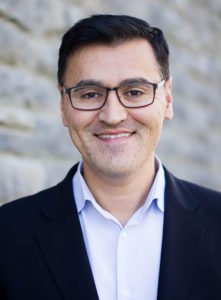 | Ilyas Singec, MD, PhD Ilyas Singeç joined NCATS in 2015 as the director of Stem Cell Translation Laboratory in the Division of Pre-Clinical Innovation. Singeç translates stem cell discoveries into clinical applications, focusing on the development of new assays (tests), drugs and cell therapies. Prior to joining NCATS, Singeç carried out postdoctoral work first at the National Institute of Neurological Disorders and Stroke and then at the Sanford Burnham Prebys Medical Discovery Institute in La Jolla, California, where he also served as staff scientist and director of cell reprogramming. Most recently, Singeç worked in the pharmaceutical and entrepreneurial industries. Singeç earned his M.D. and Ph.D. summa cum laude in Germany at the Universities of Bonn and Freiburg, completing his residency in clinical neuropathology and neuroanatomy in Freiburg. |
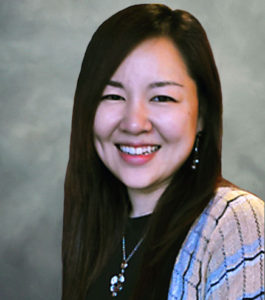 | Tea Soon Park, PhD Dr. Park is a Research Associate at Division of Pediatric Oncology and Institute for Cell Engineering, Johns Hopkins School of Medicine. Foundation of her researches is on generation of clinically relevant human induced pluripotent stem cells (iPSC), differentiation of human pluripotent stem cells (hPSC) into hemato-vascular lineage and enhancement of functional pluripotency using naïve reversion method. Using these technologies, her current research focuses on treatment of ischemic damages (e.g. ischemic retinopathy) and diabetic vascular complications with iPSC derived progenitor cells. |

